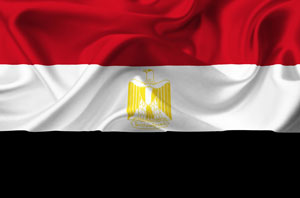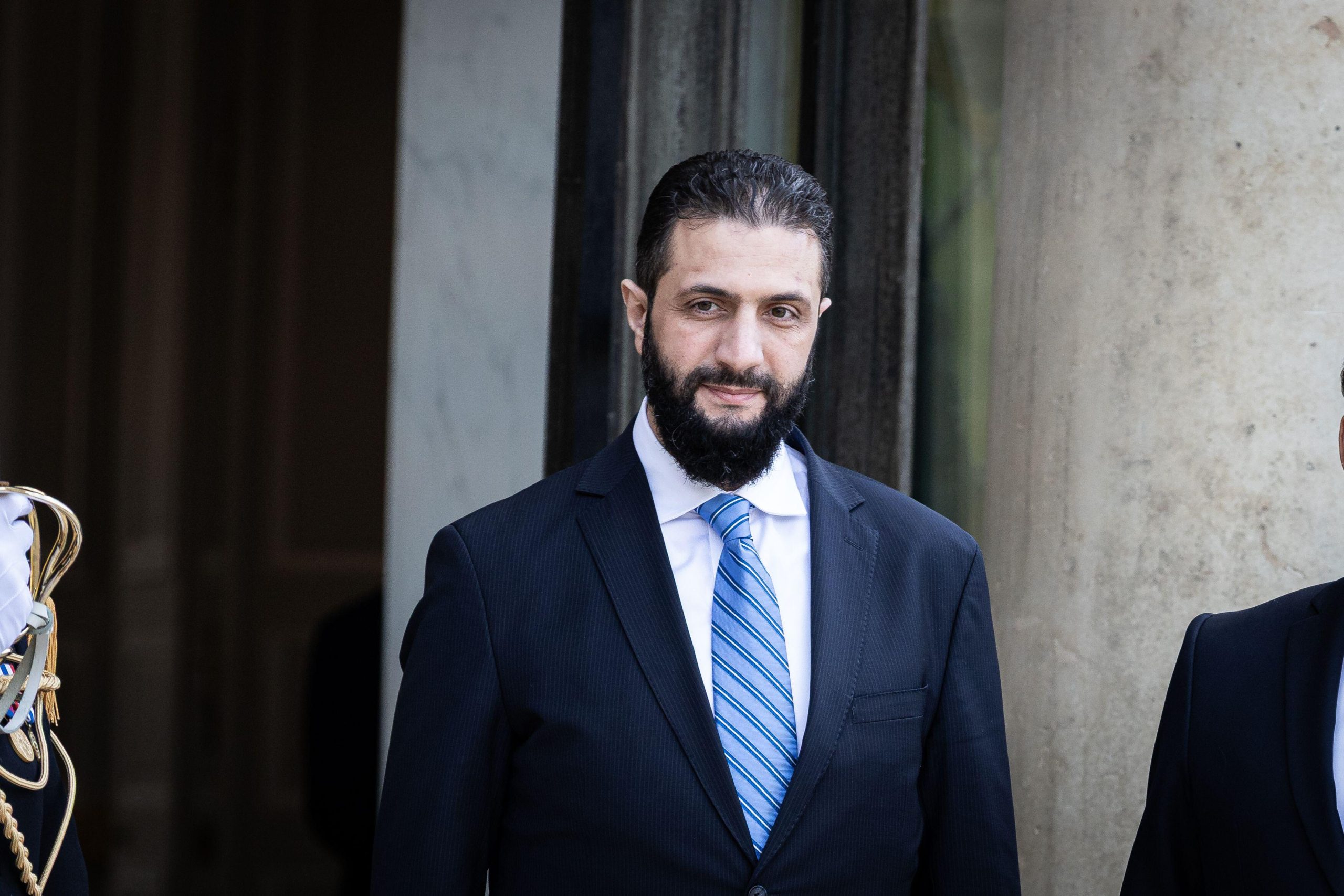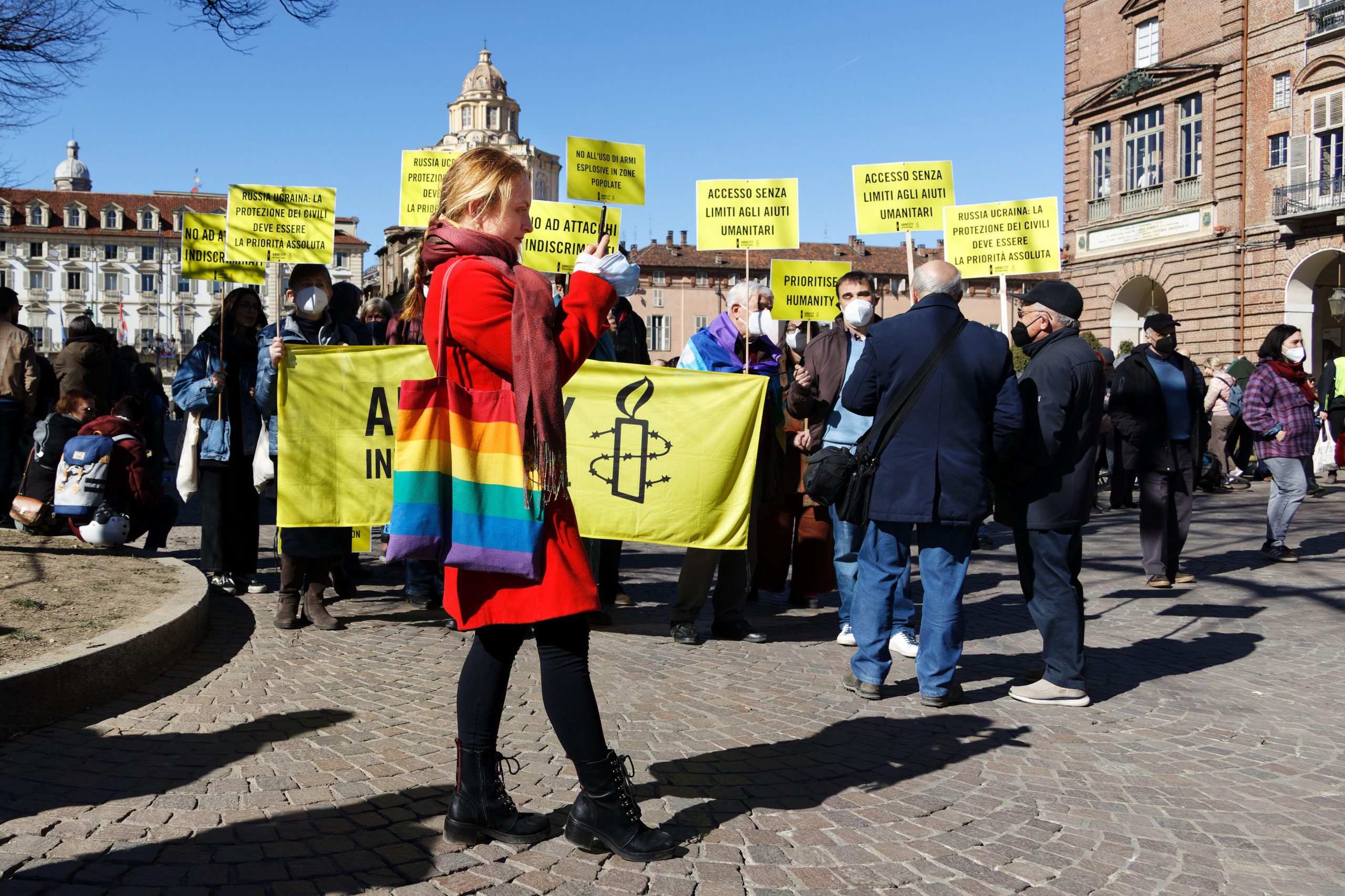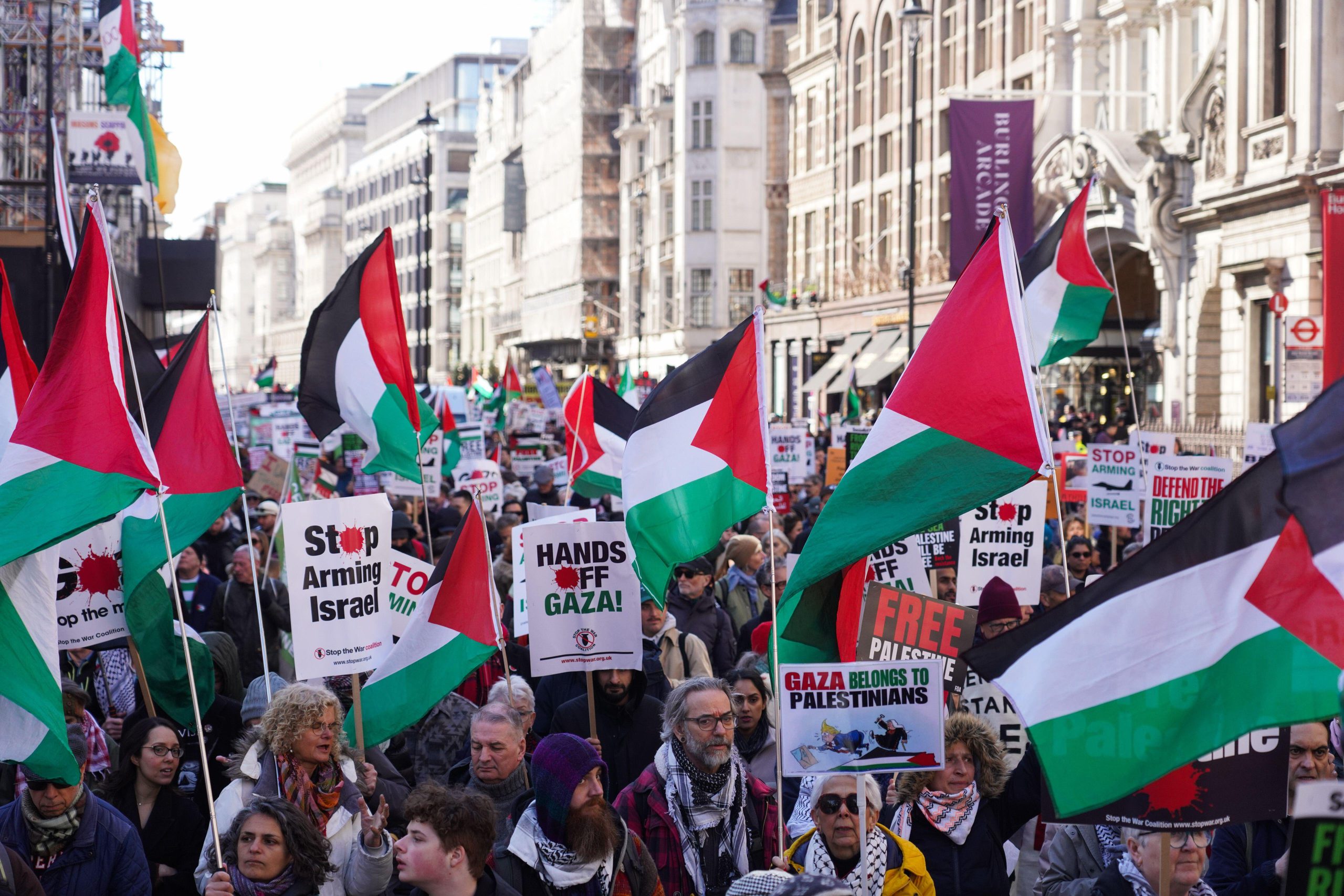
Image: Shutterstock
After the fall of Egypt’s Islamist president this month, security officials shut down media linked to the Muslim Brotherhood. With a history of biased media and an increasingly divided nation, the future Egypt looks grim. Shahira Amin reports
Millions of Egyptians were glued to their TV sets on the evening of 2 July, watching as the Minister of Defense Abdel Fattah El Sissy gave a much-anticipated televised address to the nation. He announced that Mohammed Morsi was no longer president and that Counsellor Adly Mansour, the Head of the Supreme Constitutional Court would replace him as the country’s new interim president until new elections were held.
Even as El Sissy’s address was being broadcast, voices of dissent were being muzzled as several pro-Islamist TV channels were abruptly taken off the air by the military.
In what appeared to be a coordinated clampdown, Misr 25, the Muslim Brotherhood’s channel and two other channels supportive of the Islamist group — El Hafez and El Nas — were simultaneously shut down. The offices of Al Jazeera Mubasher Misr, Al Jazeera’s Egyptian branch — accused by opposition activists of being “the mouthpiece of the Muslim Brotherhood” — were raided, their equipment confiscated and employees briefly detained.
Rights activists said the censoring of channels supportive of the Muslim Brotherhood was “a serious blow to freedom of expression”. Index on Censorship immediately issued a statement calling on the military to reopen the shuttered stations.
“Index on Censorship condemns the censorship and closure of media outlets and arrests of journalists, including foreign correspondents, in Egypt. If the military’s commitment to a road map to restoring democracy is genuine, it must include a free and open media that can represent all views in society”, Index’s CEO Kirsty Hughes said.
In an interview broadcast on CNN, Heba Morayef of Human Rights Watch said “The attack on the pro-Islamist media outlets signals a backward slide to the old repressive ways of the authoritarian Mubarak regime.”
Clearly, the military which had seized power from Morsi under the pretext of “safeguarding the revolution” and had vowed “to put the country on a more democratic path” had started out on a wrong footing.
Related
• Index calls on Egypt’s interim government to halt censorship of media
• Egyptian army shuts down media outlets
“The censorship against pro-Muslim Brotherhood media outlets can be called anything but democratic”, argued Morayef.
The role of the media in sparking the rebellion that led to Morsi’s removal meanwhile, should not be underestimated. Morsi’s supporters insist that “an unfair media war” was waged against them. They also claim that much of the privately-owned media in the country had “persistently vilified Morsi”.
Those claims are not entirely without basis: The media in Egypt has always acted as a political pawn for those in power, and since the early days of his presidency, Morsi had been engaged in a power struggle with the military. While the media was support of Mubarak during his time in power, they changed their tune when he was overthrown.
Even before the announcement came that Morsi had fallen, Egyptian state media set the stage for what was about to happen, its tone shifting to reflect the interests of the country’s new leadership. The airwaves were saturated with patriotic songs saluting the military and a retired army general interviewed on the main news channel, earnestly reminded viewers of the military’s critical role over decades. Egyptian state television stopped covering the pro-Morsi rallies and instead, showed only scenes of the anti-government protests in Cairo’s Tahrir Square and in other Egyptian provinces. This happened despite pledges by the Head of TV’s news sector Ibrahim Al Sayyad that past mistakes committed during the January 2011 revolt would not be repeated. “Our coverage of the protests will be fair and unbiased”, he promised on his Facebook page.
It was clear, too, that private media outlets had aligned themselves with the powerful military. A reporter working for an independent daily told the New York Times that her editor “had given us (the staff) explicit instructions not to report on the pro-Morsi demonstrations.”
Since Morsi’s removal, most media have portrayed them as the perpetrators in any acts of violence.
According to one independent journalist, who asked to remain anonymous, refusal to take sides and report objectively came at a cost during Morsi’s time in power. She said that she had recently received a direct threat from a security official, which she says is a clear sign that Egypt had slipped back to its dark days as a police state.
Meanwhile in a repeat scenario of incidents during the January 2011 revolt when international media correspondents came under attack while covering the protests, a live broadcast was interrupted on Friday when soldiers seized the camera as CNN’s Senior International Correspondent Ben Wedeman was reporting on clashes that had taken place hours earlier on a bridge in downtown Cairo.
The military also accused the foreign press of “spreading misinformation” and “inciting sedition between the army and the people” after Reuters and the BBC reported that three pro-Morsi protesters had been shot dead by soldiers outside the Republican Guards Headquarters. Such accusations are similar to public service announcements broadcast on State Television in June 2012 (when the Supreme Council of the Armed Forces was in power) warning Egyptians not to talk to foreigners because “they might be spies”.
While a military source has defended the military’s actions over the past week, insisting that the measures were “necessary during this sensitive period to stop the fueling of hatred and incitement to violence”, the crackdown on the Islamic channels and other repressive measures signal a regression in media freedoms, which expanded after the 2011 uprising. And while journalists did enjoy greater freedom under Morsi than under his predecessors, he too had attempted to silence his critics by prosecuting them.
Rights activists say however, that the military’s crackdown on the media had come far too early, fuelling suspicions that Morsi was toppled by a military coup, and raising fears that worse is yet to come.




